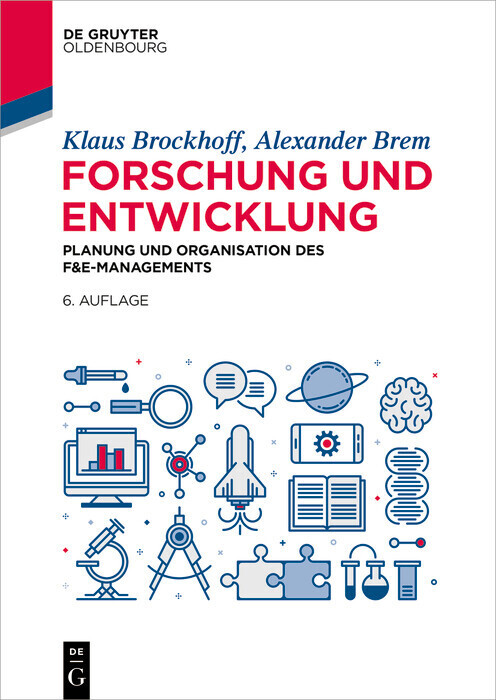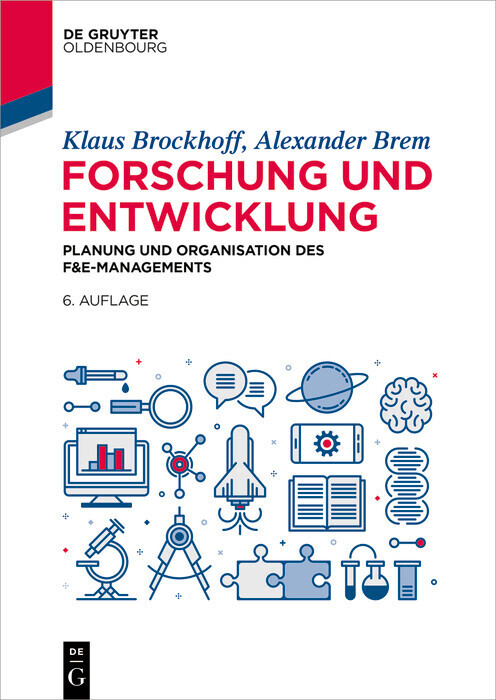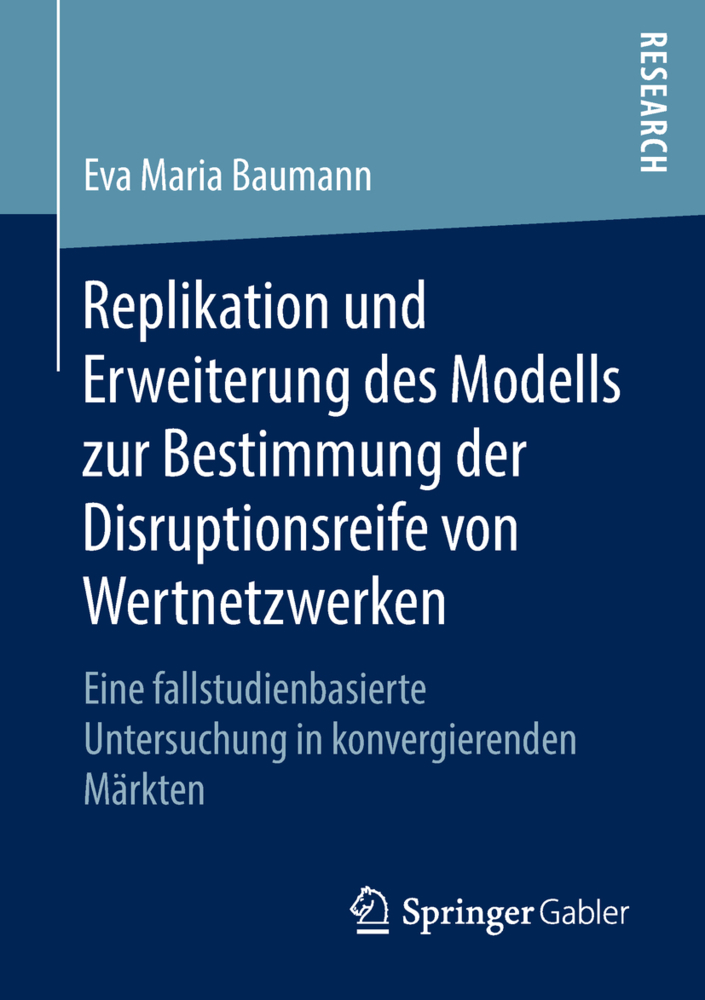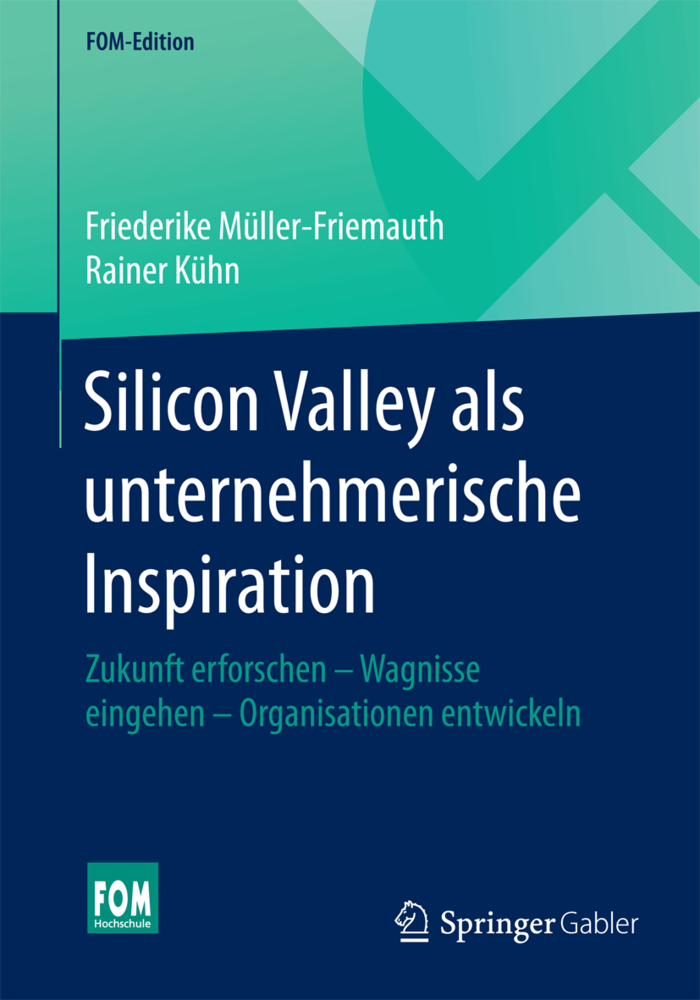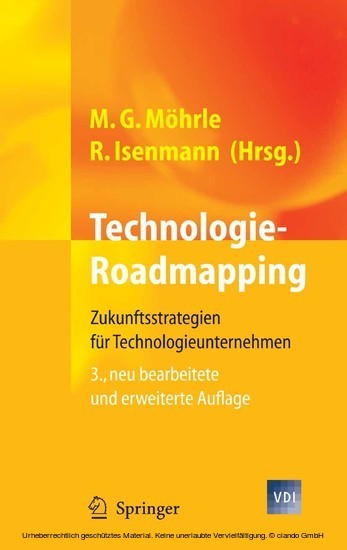Ökonomische Zukunftsforschung
Grundlagen - Konzepte - Perspektiven
Ökonomische Zukunftsforschung
Grundlagen - Konzepte - Perspektiven
Dieses Fachbuch beschreibt die erkenntnis- und wissenschaftstheoretischen Fundamente der Zukunftsforschung, einer US-amerikanischen, transdisziplinär verfahrenden Querschnittsdisziplin. Der Fokus liegt dabei auf ökonomischen Anwendungsfeldern (Unternehmensentwicklung, Innovationsmanagement). Insbesondere werden Unterschiede zum europäischen Wissenschaftsbetrieb und dessen Fachverständnis (wissenschaftliche Gütekriterien, Methodenverständnis, Wahrheitsbegriff) geklärt. Konsequenzen und Wirkungsweise zukunftsforscherischer Arbeitsweisen werden am Ende des Buches in praktischen Beispielen vorgestellt, um die Erklärungskraft dieser Wissenschaft zu veranschaulichen.
This book describes the fundamentals of economic futurology and focuses on its theoretical foundation, covering:
the connection to economic science (in which economic tradition does futurology belong?).
The book consists of seven chapters: The introduction (1) lays the foundation for our conceptual framework. Next, the origins of futurology are traced: in conceptual terms as well as geographical and socio-cultural terms (2). The following chapters explain the theoretical basis, beginning with the central questions of the discipline - our understanding of complexity and strategic management (3). In turn, the book examines actual research programmes (4), scientific understanding (5) and the two central paradigms (6), as well as the economy concept of futurology (7). The mission of economic futurology is to research how the unthinkable can become thinkable, how the impossible can become possible, and how the unachievable can become achievable ("to dream the impossible dream"). In a scientificcontext, the task is therefore to create a theoretical and methodical system of managing expectations.
Programm
Wissenschaftsverständnis
Paradigmen
Ökonomie und Zukunftsforschung.
This book describes the fundamentals of economic futurology and focuses on its theoretical foundation, covering:
- Scientific understanding, which draws on modern physical science (quantum physics).
- the core disciplinary question (managing complexity), research program
the connection to economic science (in which economic tradition does futurology belong?).
The book consists of seven chapters: The introduction (1) lays the foundation for our conceptual framework. Next, the origins of futurology are traced: in conceptual terms as well as geographical and socio-cultural terms (2). The following chapters explain the theoretical basis, beginning with the central questions of the discipline - our understanding of complexity and strategic management (3). In turn, the book examines actual research programmes (4), scientific understanding (5) and the two central paradigms (6), as well as the economy concept of futurology (7). The mission of economic futurology is to research how the unthinkable can become thinkable, how the impossible can become possible, and how the unachievable can become achievable ("to dream the impossible dream"). In a scientificcontext, the task is therefore to create a theoretical and methodical system of managing expectations.
Epochenschwelle
AusgangsfragenProgramm
Wissenschaftsverständnis
Paradigmen
Ökonomie und Zukunftsforschung.
Müller-Friemauth, Friederike
Kühn, Rainer
| ISBN | 978-3-658-14390-9 |
|---|---|
| Artikelnummer | 9783658143909 |
| Medientyp | Buch |
| Auflage | 1. Aufl. 2017 |
| Copyrightjahr | 2017 |
| Verlag | Springer, Berlin |
| Umfang | XIII, 279 Seiten |
| Abbildungen | XIII, 279 S. 48 Abb. |
| Sprache | Deutsch |





